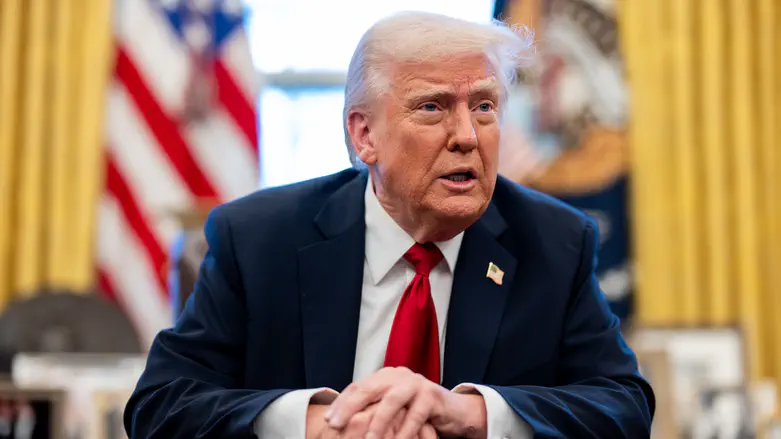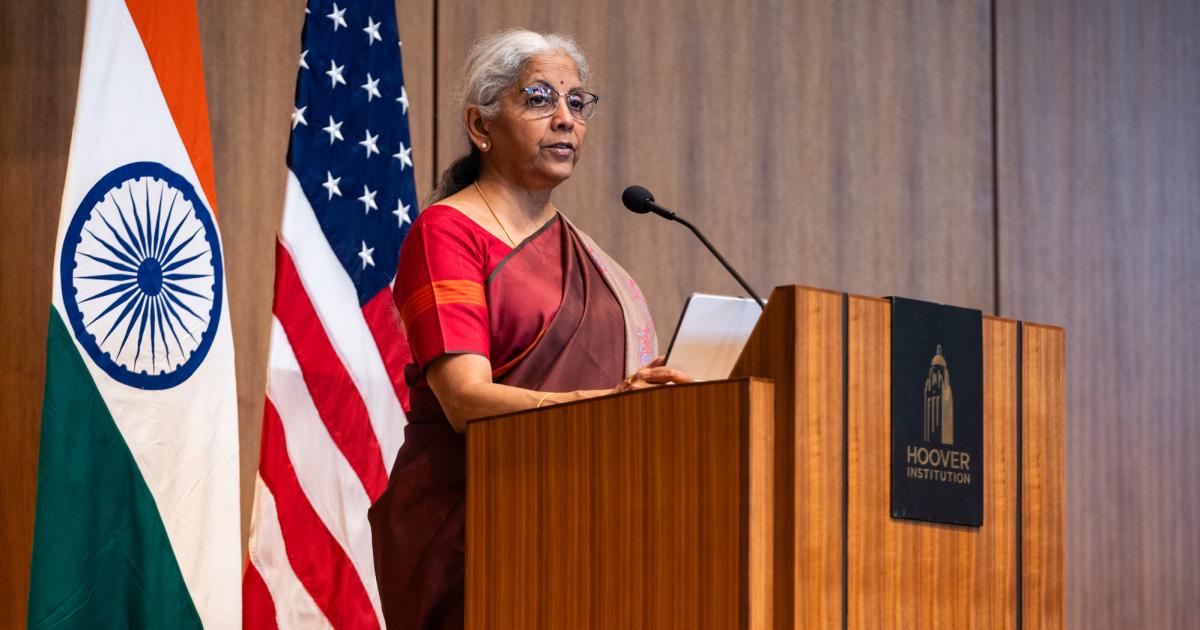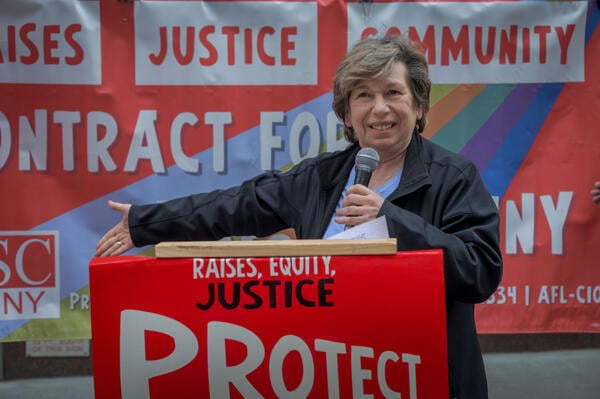Trump Administration Faces Legal Challenges Amidst Numerous Lawsuits

The Trump administration is currently grappling with an extensive legal battle, contending with nearly 200 lawsuits across the nation. This mounting legal pressure reflects ongoing tensions between the administration's policies and judicial interpretations of the law.
During a significant day in federal courthouses nationwide on Thursday, President Donald Trump and his administration encountered a series of legal setbacks that hindered the implementation of critical aspects of his agenda. The challenges span a wide range of issues, including education policy, voting rights, and congestion pricing. Each ruling signifies yet another hurdle for the administration, as it seeks to navigate a complex legal landscape that increasingly appears to be hostile to its initiatives.
In a notable development, three judges, including two who were appointed by Trump himself, issued decisions that blocked the administration's attempts to withhold federal funds from schools that have Diversity, Equity, and Inclusion (DEI) programs. This ruling underscores the pushback against the administration's efforts to influence educational institutions' policies through financial incentives or penalties.
Furthermore, in California, a federal judge ruled against the Trump administration's plan to cut federal funding to so-called sanctuary jurisdictions. These jurisdictions are areas where local law enforcement agencies have chosen not to cooperate with federal immigration enforcement efforts. This ruling is particularly important as it reinforces the autonomy of local governments in matters concerning immigration and community policing.
On the electoral front, the Trump administration faced another setback when a federal judge blocked its recent executive order aimed at requiring proof of citizenship for voter registration. The judge's ruling emphasized that only Congress holds the authority to implement such a significant change, thereby preserving the existing voter registration processes.
The administration's immigration policies have also come under intense scrutiny. A federal judge in Boston is currently investigating whether the administration violated a previous court order by deporting four alleged members of the Tren de Aragua gang back to El Salvador. Additionally, a Maryland judge, who was also appointed by Trump, mandated the return of an individual who had been unlawfully deported to El Salvador, further complicating the administration's immigration strategy.
As legal challenges mount, a recent oversight by lawyers from the Department of Justice (DOJ) revealed an internal document in New York that acknowledged significant flaws in the administration's plan to implement congestion pricing. This revelation adds another layer of complexity to the administration's efforts to manage urban congestion while facing legal scrutiny.
Looking ahead, Friday is poised to bring yet another legal issue to the forefront. A federal judge in Boston will convene to determine the legality of the Trump administrations recent attempts to dismantle the Department of Education. This hearing marks the first instance where a federal judge will consider the ramifications of an executive order Trump issued last month, which instructed Education Secretary Linda McMahon to initiate steps to downsize the department. The outcome of this hearing could have profound implications for the future of education policy in the United States.





























